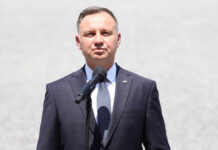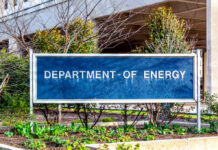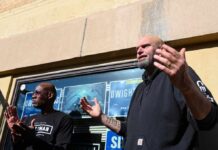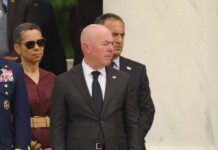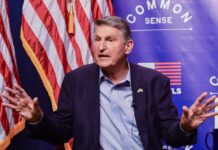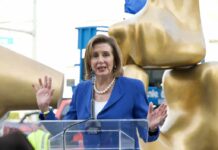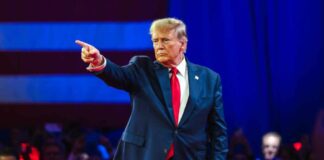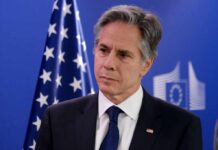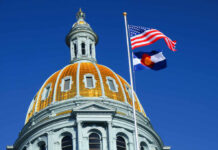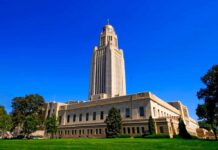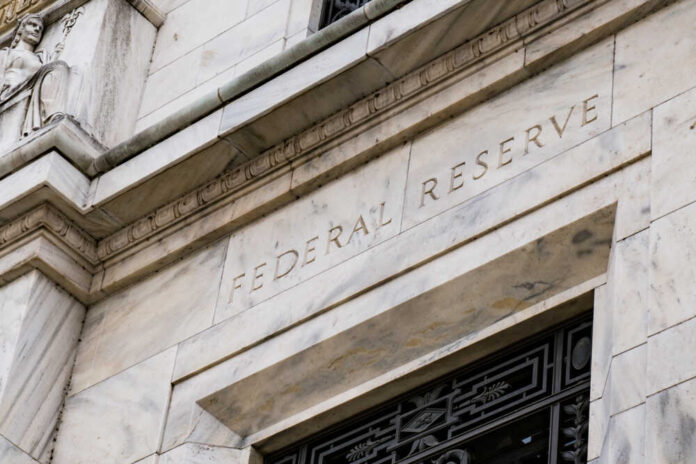
The Federal Reserve may consider a pause in raising interest rates, which could have serious implications in the prospect of continued inflation or a recession. Fed Chair Jerome Powell indicated that the central bank may be done with rate hikes for the time being.
On Friday, Powell stated that the efforts to tame inflation had “come a long way” and that the Fed faced “uncertainty about the lagged effects of our tightening so far and about the extent of credit tightening from recent banking stresses.”
He then said that the Federal Reserve could “afford to look at the data and the evolving outlook to make careful assessments.”
Powell spoke at the event with former Fed Chair Ben Bernanke. The current chair made the statement from prepared notes.
Should the Federal Reserve decide to stop increasing interest rates, there would be a higher chance of continued inflation. Despite efforts to lower the inflation rate, last month’s job report suggested that higher inflation may continue into the foreseeable future.
In fact, Fed Governor Philip Jefferson, who was recently nominated as the central bank’s vice chair by President Joe Biden, recently said that inflation was still unacceptably high.
He said this month that “by some measures, progress has been slowing” in taming inflation.
Many Americans rate inflation as one of their top concerns. More than 60% of the public indicated in a recent poll that inflation caused financial hardship for their household. This was a higher figure than last November.
Harvard Poll shows Inflation, Immigration, and Economy are the top issues for Americans
Political correctness/racism polling around 6% pic.twitter.com/6Hte4X4xde
— Jack Poso 🇺🇸 (@JackPosobiec) May 19, 2023
A full 15% of Americans rated the effect of inflation on their life as severe.
However, raising rates to further quell inflation runs an increased chance of a recession or further bank failures.
The recent collapse of First Republic Bank was significantly influenced by the increase in rates.
The most recent lending institution failure follows the collapse of Silicon Valley Bank and Signature Bank, sparking concerns of a 2008-style financial collapse.
The higher rates and economic uncertainty contributed to a sharp decline in lending earlier this year. The last several weeks of March saw a decline in commercial lending by more than $100 billion, the highest on record.


